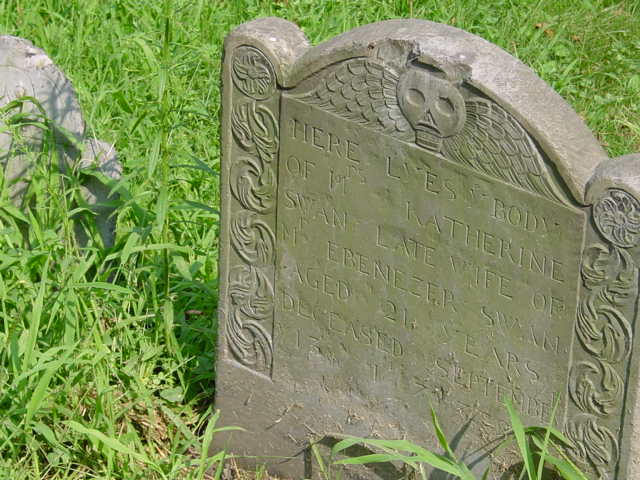
The medical profession has failed miserably. Almost 2500 years after Hippocrates invented the profession, the human death rate is still 100%. Our ancestors lived more intimately with death than we do. They often did it at home. We make it a clinical process. They understood that death was inevitable and capricious. We are not too sure. We postpone death with our science and pour money into “saving” lives.
Read both the links. The second link in poignant. The first one is in jest, but both speak to both universal truths and our own attitudes that are out of sync with them.
In his Apology, Socrates talked about facing death. When confronted with the option of compromising and “saving” his life, Socrates pointed out that saving his life on this one occasion would not mean that he would live forever. He was already old and he preferred to die with the values by which he had lived. His decision was both practical and principled. End of life decisions have not really changed that much.
We have significant problems understanding health care because we do not want to face the truth of our own decline and mortality. No amount of money can buy back your youth when you’re old and nothing will keep you alive forever. The interesting thing about our extensions of life EXPECTANCY is that LIFE SPAN has not increased in the last 6000 years.
The Pharaoh Pepi II Neferkare reportedly ruled for ninety-four years. We assume he was young when he took the job, but you still have to figure that the man lived around 100 years. While there is reason to question the exactness of the records, SOME people clearly lived to very old ages w/o the benefits of modern medicine and we don’t live significantly longer. The difference is that back then MOST people didn’t live past their childhood. They pulled down the statistics.
Of course, there is also the question of whether or not you want to live to be 100. I see these guys celebrated on TV and it seems like an exclusive club of which I prefer not to become a member.
Pepi lived for a long time because he was lucky enough to avoid things that might have killed him sooner. There was nothing in ancient Egyptian medicine or pharmacology that could have extended his life. Today we can, so we have to start thinking about what we really want. We now have hard choices that generations past didn’t face.
My second link tells the sad story of a woman trying to save her husband’s life. Modern medicine managed to extend his life – extend his misery – by a few years at the cost of $618,000. My father went out right. He got a medical exam in 1945, when he was discharged from the Army Air Corps and never went to the doctor again except once to remove a sore on his stomach. At the age of seventy-six, he fell to the floor and couldn’t get up. When asked how he was doing, he said, “I can’t complain” and promptly died. No doubt good medical care could have extended his life, but would that have been a good idea?
No matter what, the decision you make will be wrong in some way.
There has been a lot of loose talk about death panels and medical rationing. Nobody likes the idea, but we – as a society – will indeed need to develop some ethics about end of life issues. Until recently we didn’t have to worry about it but if we apply our medical technology and our big bucks we will have to decide when it is enough. We shouldn’t make it political. It is a matter of ethics.
